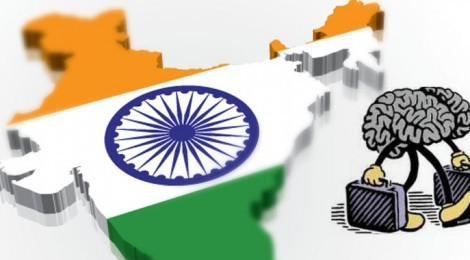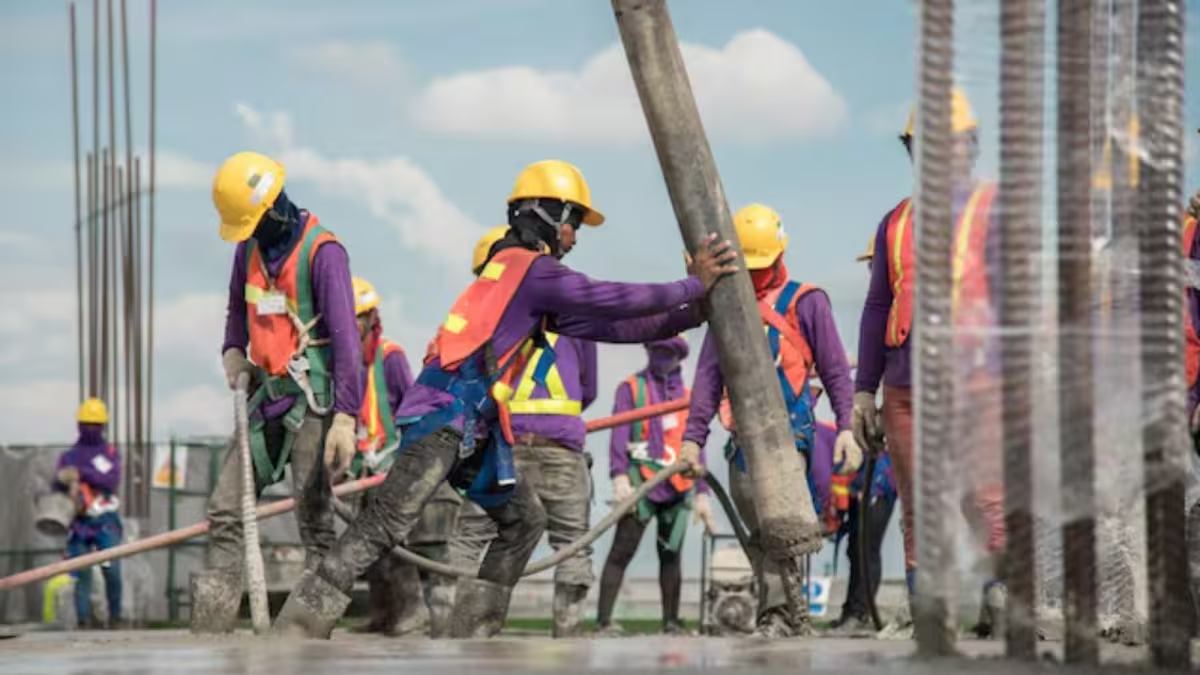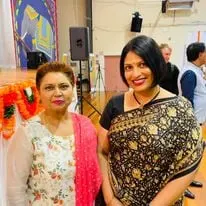India’s bold initiatives to halt brain drain gain traction. Alarming statistics indicate that 36% of the highest scorers in the 2010 joint entrance exams have migrated, with an even higher exodus of 62% among the top 100 performers.
In the face of escalating brain drain challenges, India is intensifying efforts to retain its intellectual capital. A recent study spotlighted the severity of the issue, revealing that a substantial percentage of top-tier academics, particularly from premier institutions like the Indian Institutes of Technology, are opting for opportunities abroad.
Alarming statistics indicate that 36% of the highest scorers in the 2010 joint entrance exams have migrated, with an even higher exodus of 62% among the top 100 performers.
The problem has seen a recent surge, with the outflow of Indian students reaching a six-year peak in 2022, totaling 770,000. Projections for 2024 suggest a staggering two million Indian students studying abroad.
As India strategically tackles brain drain, these initiatives mark a pivotal step towards retaining and fostering homegrown talent
The primary drivers behind this trend include the pursuit of advanced academic research training and more promising job prospects in developed nations.
Compounding the issue is India’s relatively modest allocation of just 0.7% of its GDP to research, significantly below the global average of 1.8%.
In response, the Indian government has implemented various initiatives to repatriate skilled scholars who ventured abroad, with encouraging signs of success.
Notably, the Ramalingaswami Re-entry Fellowship, established in 2006, has seen over 550 biotechnologists return to India, contributing their expertise to the country’s scientific landscape.
Of these returnees, approximately 300 have secured permanent positions within India’s esteemed science and technology institutes and universities. As India strategically tackles brain drain, these initiatives mark a pivotal step towards retaining and fostering homegrown talent.
************************************************************************
Readers








